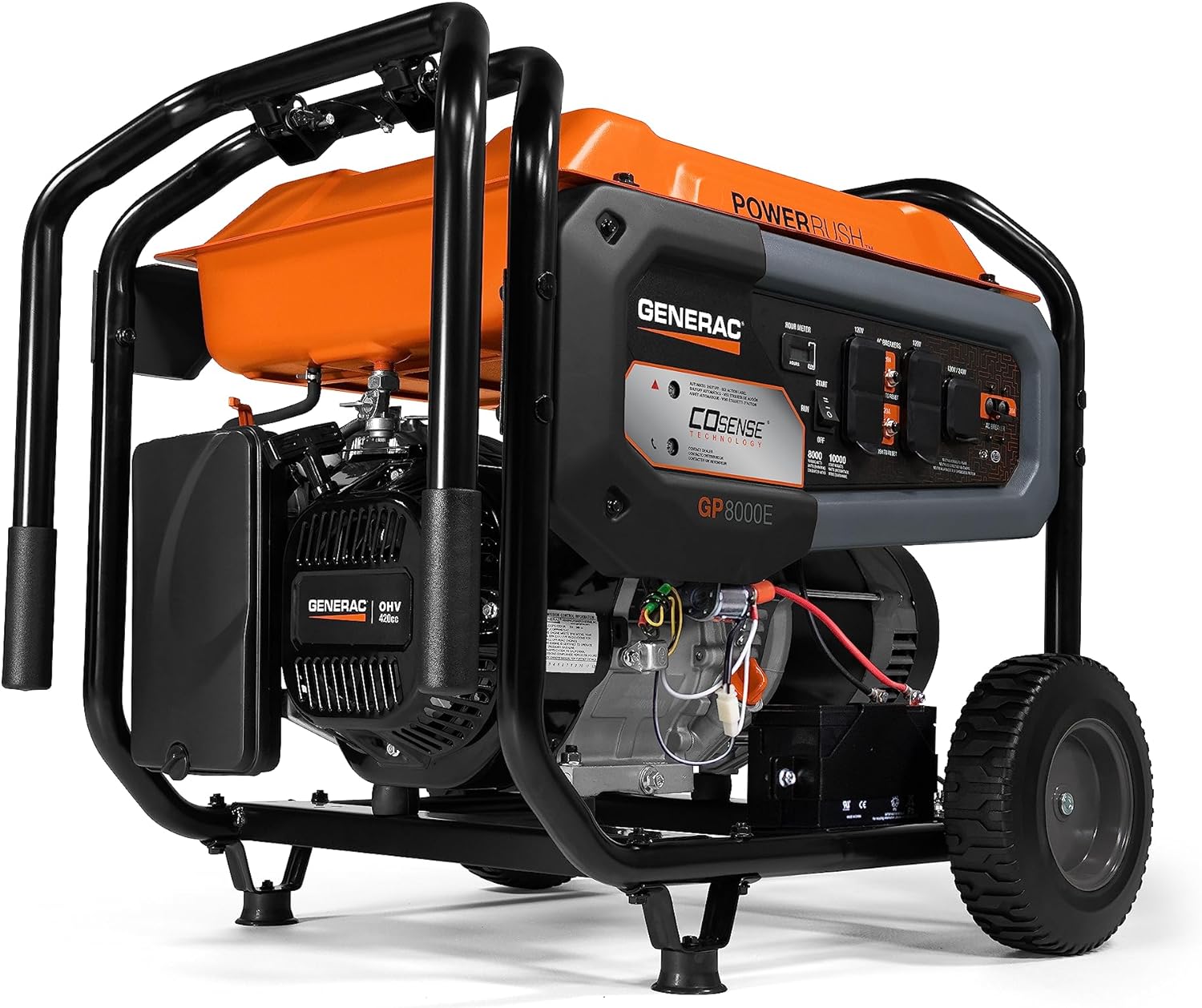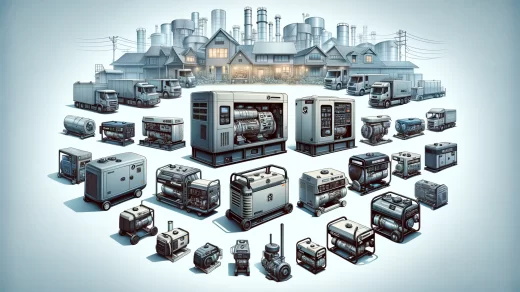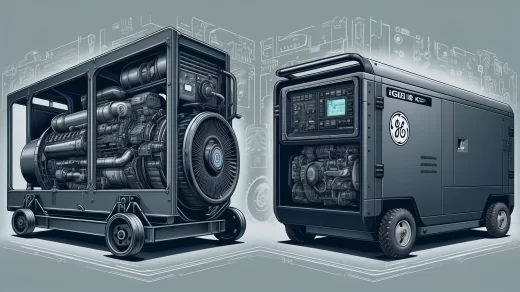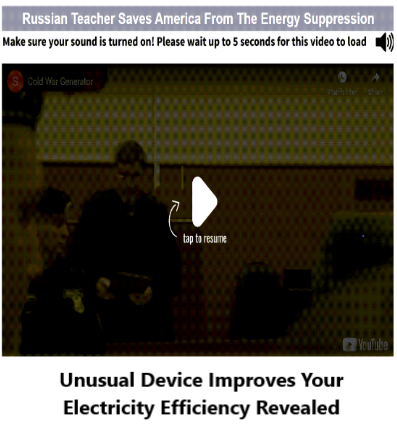
In a world increasingly dependent on reliable and clean energy, inverter generators have emerged as a pivotal technology, offering unparalleled efficiency, portability, and environmental benefits.
This article explores the revolutionary impact of inverter generators, guided by insights from industry leaders like Honda and analyses by Americas Generators.
Understanding Inverter Generator Technology
At the core of inverter generator technology is the production of high-quality power output, akin to the electricity that powers homes and sensitive electronics. This is achieved through a sophisticated process that converts raw power from DC to AC, ensuring a clean, stable energy supply.
The compact and lightweight design of these generators, a result of integrating the engine and alternator, marks a significant departure from traditional models, making them ideal for a range of applications, from outdoor recreational use to emergency home backup.
Weighing the Benefits Against the Costs
Inverter generators stand out for their fuel efficiency and quiet operation. Technologies like Honda’s Eco-Throttle adjust the engine speed to match the load, minimizing fuel consumption and noise. Furthermore, their ability to produce cleaner power reduces the risk of damaging sensitive electronics, making them a preferred choice for many users.
While the upfront cost of inverter generators may be higher than traditional models, the long-term savings, operational efficiency, and environmental benefits present a compelling case for their adoption.
Top 5 Inverter Generators: A Comparative Overview
| Generator Model | Power Output | Noise Level | Fuel Efficiency | Unique Feature |
| Honda EU2200i | 2200 Watts | 48-57 dB | High | Eco-Throttle™ Technology |
| Yamaha EF2000iSv2 | 2000 Watts | 51.5-61 dB | High | Smart Throttle™ Varies Engine Speed |
| Generac GP2200i | 2200 Watts | 50-57 dB | Moderate | TruePower™ Technology |
| Westinghouse iGen2200 | 2200 Watts | 52 dB | High | Double Insulated Acoustic Enclosure |
| Briggs & Stratton P2200 | 2200 Watts | 59 dB | Moderate | Quiet Power Technology™ |
| Advantages of Inverter Generators | Potential Disadvantages of Inverter Generators |
|---|---|
| High-quality power output suitable for sensitive electronics. | Higher upfront cost compared to traditional generators. |
| Compact and lightweight design for easy portability. | Limited power capacity compared to some traditional generators, making them less suitable for heavy-duty applications. |
| Improved fuel efficiency with technologies like Eco-Throttle, reducing operational costs. | Repair and maintenance can be more complex due to advanced technology. |
| Significantly quieter operation, making them ideal for camping, RV use, and residential areas. | |
| Parallel capability allowing for increased power output by connecting two units. |
Conclusion
Inverter generators represent a forward-thinking solution to modern power needs, blending performance with sustainability. As we navigate the challenges of energy consumption and environmental impact, the adoption of inverter generator technology reflects a commitment to innovation and responsible living. Whether for leisure, work, or emergency preparedness, these generators offer a reliable, efficient, and environmentally friendly power source, proving that the future of portable power is here.





